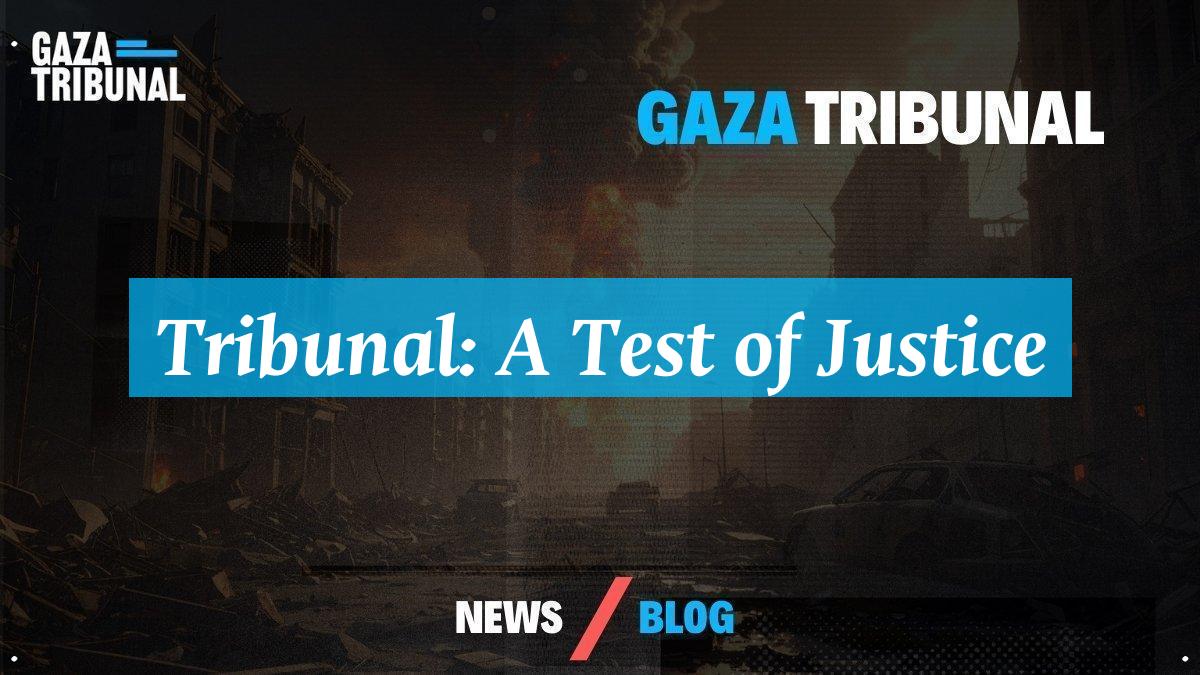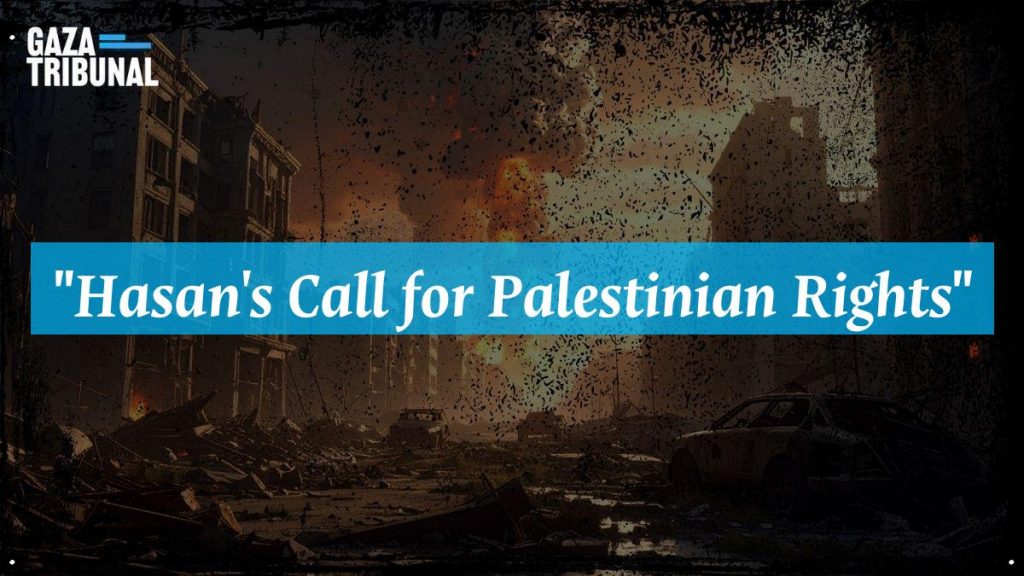In the ongoing conflict surrounding Israel and Palestine, the complexities of Netanyahu’s policies become increasingly evident. As tensions rise, voices like Hasan’s emerge to shed light on a perspective often overshadowed by mainstream narratives. He emphasizes that both violence and terrorism are unequivocally condemned by Palestinians, as their faith instructs them to protect sacred spaces and vulnerable populations. Yet, it seems many overlook this fundamental principle while focusing solely on one side of the story—why is that? This moment in history compels us to reflect deeply on these issues! In the most recent historical passage, Hasan highlights how Israeli forces have targeted holy sites in Palestine without facing adequate scrutiny or accountability. For more updates on this ongoing situation, visit our news category.
Let us not pretend this isn’t obvious, he argues against what he perceives as systematic injustices perpetuated under Netanyahu’s administration. The harsh realities faced daily by Palestinians at checkpoints illustrate a broader pattern of oppression; they cannot freely move within their own land due to walls encircling them. Such conditions lead him to question why there isn’t more international outrage over these violations of human rights! While acknowledging recent shifts in European recognition towards Palestinian statehood—a glimmer of hope—he remains cautious about whether this will translate into tangible change for his people. Ultimately, understanding these dynamics requires looking beyond surface-level politics toward deeper historical grievances intertwined with present-day struggles for justice and dignity.
Understanding the Palestinian Perspective

Hasan passionately expressed the deep-rooted sentiments of Palestinians regarding violence and terror. He emphasized that their faith instructs them to protect women, children, and sacred sites. “Our religion commands us not to attack,” he said, pointing out how many people overlook this vital aspect. Instead of grasping the full picture, they often focus on a single narrative.
He highlighted recent attacks by Israeli soldiers on holy places in Palestine—specifically mentioning Al-Aqsa Mosque and various churches. “They’ve damaged numerous mosques,” Hasan noted with frustration, “and even destroyed over 45 mosques in Gaza! Yet no one talks about these incidents.” This glaring omission raises questions about fairness in reporting as seen in various sources. You can read more about this issue here.
The Importance of Respect for Sacred Sites
When discussing an attack on a synagogue in Jerusalem, Hasan firmly stated his opposition to any assault on sacred spaces. “We respect all religions: Judaism, Christianity, Islam,” he asserted as already signaled earlier. However…he lamented that Israel shows little regard for Muslim holy sites—a contradiction he finds hard to ignore.
The issue runs deeper than just isolated events; it intertwines with systemic oppression faced by Palestinians daily under Israeli governance. He pointed out that war crimes committed through land occupation cannot be separated from human rights violations against his people—this is crucial!
A Call for International Recognition
Reflecting back historically reveals how complex this situation truly is; Hasan traced its roots back to Britain’s role during colonial times when they promised land belonging to others via the Balfour Declaration without rightful ownership or consent from local populations.
He reminded listeners about UN Resolution 181 which proposed two states for two peoples but noted Israel’s refusal has hindered Palestinian statehood ever since: “Even now,” he stressed emphatically while shaking his head slightly as if grappling with disbelief at ongoing injustices facing Palestinians today.
Recently though…change seems possible! With Sweden recognizing Palestine as a state recently alongside other European nations beginning similar discussions—it feels like momentum might finally shift toward justice after years spent fighting against overwhelming odds!
Hope Amidst Adversity
As former Justice Minister Hassan explained further into current dynamics surrounding settlement policies enforced by Israel over decades—it becomes clear why frustrations boil beneath surface levels among ordinary citizens living there day-to-day lives affected directly due those actions taken unilaterally without accountability whatsoever…
“Security reasons? They claim that’s why homes get demolished!” exclaimed Hassan incredulously before asking aloud whether any Israelis have faced such consequences despite committing violent acts themselves? The disparity speaks volumes—and serves only fuel anger felt throughout communities enduring relentless hardships imposed upon them unjustly every single day…
In closing this dialogue around painful realities shared openly here today—I hope we can find pathways forward together towards peace built upon mutual understanding rather than continued cycles perpetuating suffering endlessly across generations ahead too! Thank you all sincerely—for listening attentively while engaging critically within these important conversations necessary Often, and with unsettling frequency collectively united toward brighter futures awaiting us all ahead! Visit our homepage for more insights.
Gaza News


